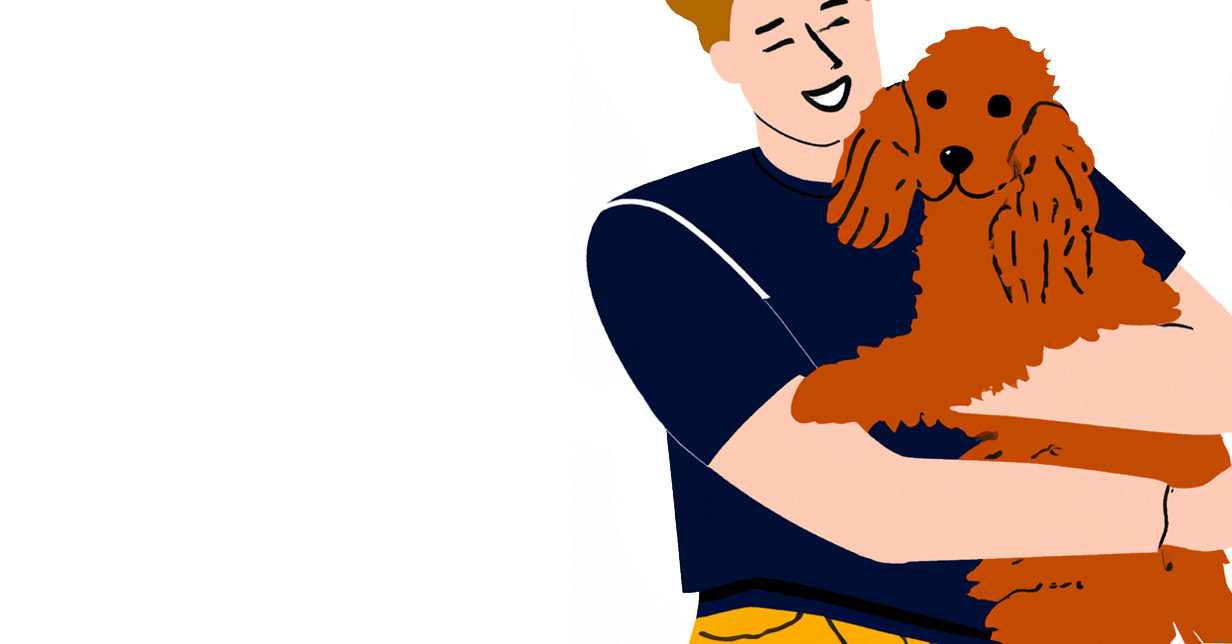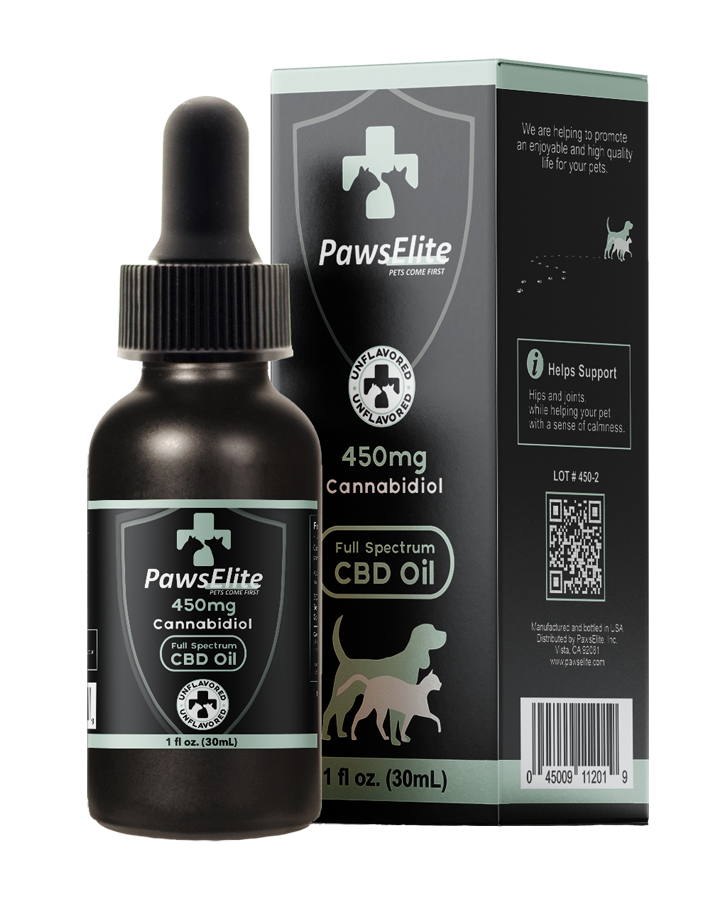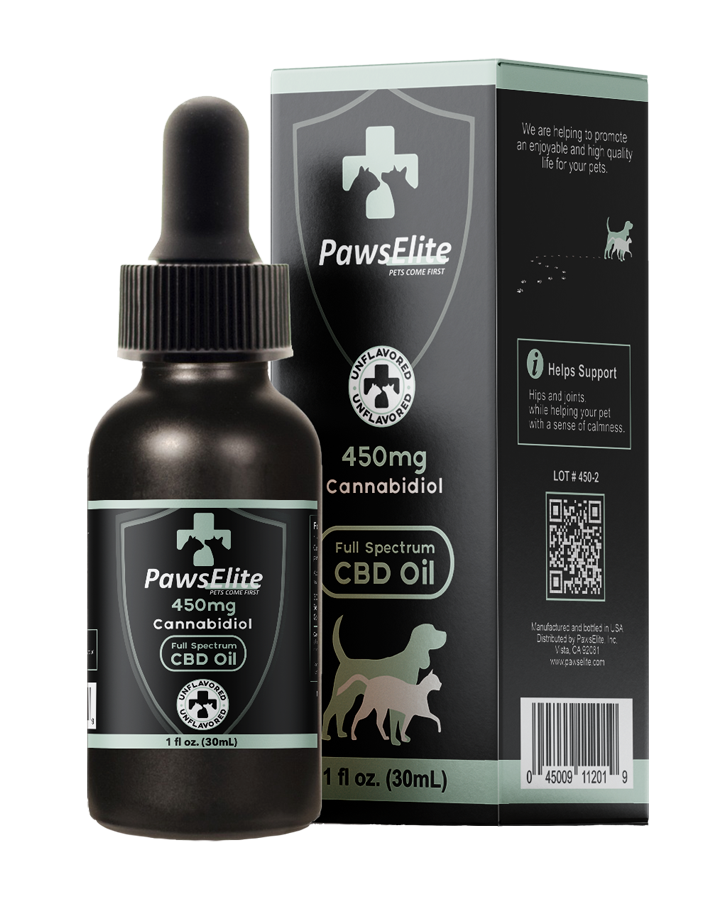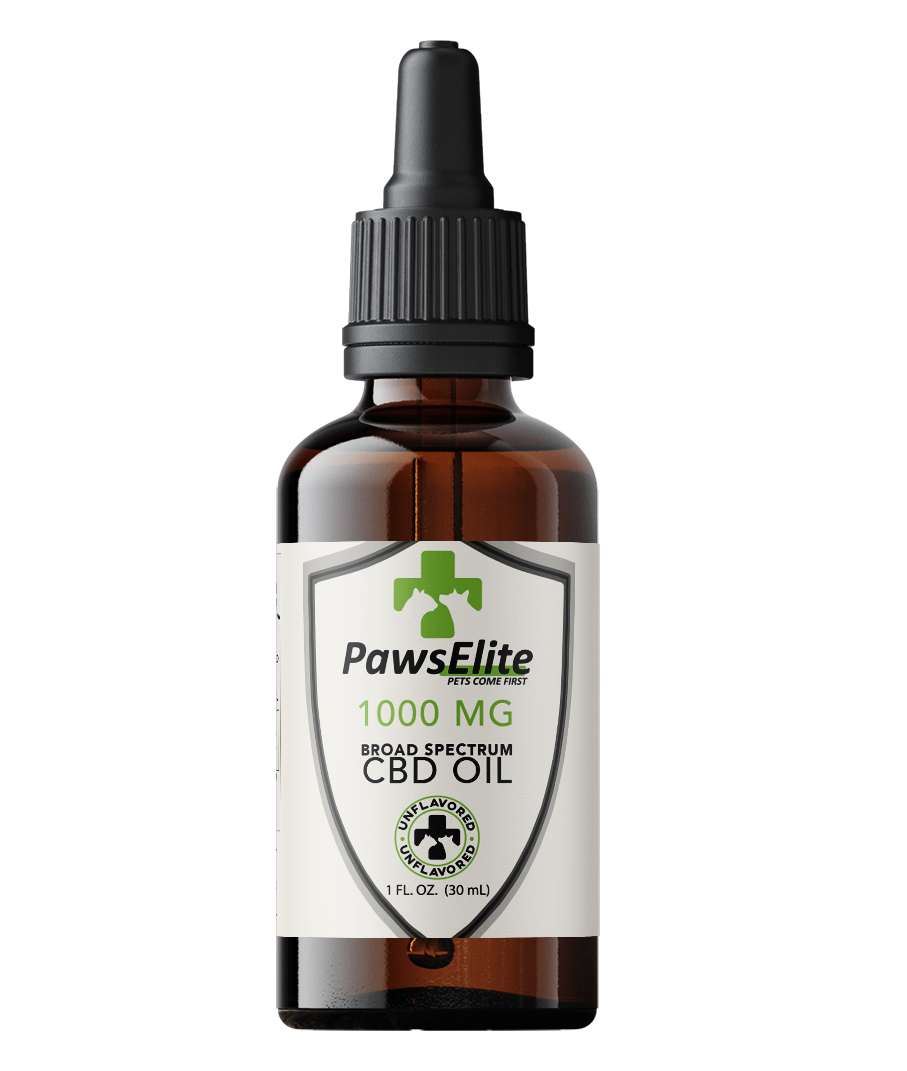
My Dog Ate Chocolate But is Acting Fine?
Share
Picture this: I’m baking cookies, turn my back for two seconds, and my sneaky Lab, Max, snags a chocolate chip treat off the counter. My heart drops—I’ve heard all the warnings about chocolate and dogs. But here’s the kicker: he’s wagging his tail, chasing his ball, acting totally fine. Sound familiar? If your pup’s munched on some chocolate and seems okay, you’re probably wondering what’s next. Don’t panic—I’ve been there, and I’ve got your back with everything you need to know.
Chocolate’s toxic to dogs, no question, and it can turn into a medical emergency fast. But the good news? “Acting fine” doesn’t always mean disaster—it depends on how much they ate, what kind, and their size. Symptoms usually creep up within 6-12 hours, so even if your dog’s bouncing around now, you’ve got to stay sharp. Here’s the lowdown: why it’s still a big deal, what to watch for, and what to do right now to keep your furry friend safe in 2025.
USE CHOCOLATE TOXICITY CALCULATOR
Why Your Dog Might Seem Fine (But Still Needs Watching)
So, your dog ate chocolate but is acting fine—why the fuss? Here’s the thing: chocolate has sneaky stuff like theobromine and caffeine that dogs can’t process well. These build up in their system, and even if they’re prancing around now, trouble can hit later. My Max seemed fine for hours after his cookie heist, but I learned symptoms can delay—sometimes up to 24 hours or more.
If your dog ate chocolate 24 hours ago and is still acting fine, that’s a relief, but don’t let your guard down yet. Small amounts might not faze a big dog, but for little ones, even a nibble can linger and cause issues like a racing heart or worse. Size, chocolate type, and timing all play a role—keep watching, because “fine” can flip fast.
Chocolate Types Unpacked: What’s the Risk?
Not all chocolate’s created equal when it comes to danger. The darker it is, the scarier it gets—thanks to higher theobromine levels. Here’s a quick rundown:
|
Type |
Theobromine (mg/oz) |
Risk Level |
|
Dark Chocolate |
130-450 |
High—small amounts hurt |
|
Milk Chocolate |
44-58 |
Medium—watch quantity |
|
White Chocolate |
0.25-1 |
Low—mostly safe |
If your dog ate chocolate cake, it’s trickier—think frosting, sugar, and maybe extra fats piling on the problem. A tiny piece of chocolate might not faze a Great Dane, but for a Chihuahua? That’s a red flag. Plug the details into the Merck Chocolate Toxicity Calculator to know for sure—it’s a lifesaver!
What Happens If My Dog Eats Chocolate?
Wondering what’s going on inside your pup after they sneak that chocolate? It’s all about theobromine and caffeine revving up their heart and nerves. A dog might show mild signs (like puking) at 20 mg per kg of body weight, heart trouble at 40-50 mg/kg, or seizures at 60 mg/kg or more. For a 20-pound dog, just 1 ounce of milk chocolate per pound could spell trouble—think one Hershey’s bar (1.55 oz) for a small pup.
But here’s where it gets personal: my 60-pound Max could handle a tiny piece better than a 10-pound terrier. If your dog ate chocolate cake or a crumb, other stuff like sugar or xylitol (in sugar-free treats) could add risks. Even if they’re acting fine now, those effects can creep up—so keep your eyes peeled.
Symptoms to Watch After Chocolate
When chocolate hits, symptoms can range from annoying to downright scary. Here’s what to look for over the next 72 hours:
- Vomiting
- Diarrhea
- Restlessness
- Peeing more than usual
- Shaking or tremors
- Fast or weird heartbeat
- Seizures
- Collapse (worst-case scenario)
These can start 6-12 hours after eating and stick around. Older dogs or those with heart issues? They’re at higher risk for sudden trouble. If you spot any of these, don’t wait—call your vet or the Pet Poison Helpline (855-213-6680) ASAP.
DIY Monitoring Tips: What You Can Do at Home
Okay, your dog’s acting fine—great! But while you’re waiting to see if symptoms pop up, here’s how to play it safe at home (no vet tricks like inducing vomiting—just smart watching):
- Offer Water: Keep them hydrated to help flush their system. Max lapped up a bowl after his snack, and it eased my mind.
- Track Time: Note when they ate it (e.g., “3 PM Tuesday”)—super helpful for the vet.
- Watch Behavior: Are they extra hyper or sleepy? Jot it down.
- Quiet Spot: Let them chill somewhere calm—no rough play for now.
These won’t cure poisoning, but they’ll keep you on top of things until you’re sure they’re clear—or need a pro.
What to Do Right Now If Your Dog Ate Chocolate
Caught your pup with chocolate? Act fast—it’s the best way to keep them safe. Here’s your game plan:
- Call for Help: Dial your vet or the Pet Poison Helpline (855-213-6680). Tell them the chocolate type, amount, your dog’s weight, and when it happened.
- Check the Calculator: Use the Merck tool linked above—it’s quick and tells you the risk level.
- Head to the Vet (Maybe): If it’s a lot (like dark chocolate) or your dog’s small, don’t wait for symptoms—go now. In 2025, some vets even offer telemedicine calls for quick advice!
Even if your dog ate chocolate but is acting fine, don’t shrug it off. Max seemed okay, but I called anyway—better safe than sorry. If it’s been 24 hours and they’re still good, keep monitoring—delayed signs are real.
How to Keep Chocolate Away from Your Dog
Prevention’s the name of the game. Here’s how to stop a repeat:
- Stash It High: Chocolate, cocoa powder, hot cocoa mix—put it on a tall shelf or in a locked pantry. Kids and guests need the memo too—no leaving it on tables or in bags. Watch out during holidays like Easter or Halloween!
- Teach “Leave It”: Train your dog to drop stuff on command—Max nailed this, and it’s saved us.
- Spread the Word: Tell family and friends why chocolate’s a no-go for pups—they’ll help keep it safe.
FAQ: Your Chocolate Questions Answered
Got more worries? Here’s the scoop:
-
My dog ate chocolate 24 hours ago and is fine—am I safe?
Maybe, but keep an eye out—symptoms can lag up to 72 hours. Call your vet to double-check. -
What if my dog ate chocolate cake?
It’s not just chocolate—sugar and fat add risks. Check the calculator and watch closely. -
Can a dog eat a tiny piece of chocolate and be okay?
Big dogs might shrug off a crumb, but small ones? Riskier—size matters! -
How much is too much?
About 1 oz of milk chocolate per pound of body weight gets dicey—use the tool to know for sure.
Keep Your Pup Safe—Let’s Chat!
Phew—chocolate scares are no joke, but you’re armed with the info to handle it. Whether your dog ate a tiny piece or a whole bar, you’ve got this—call the pros, watch like a hawk, and breathe easier knowing what’s up. Loved this guide? Subscribe for more pet safety tips at Pawselite, and drop your story below—has your pup ever pulled a chocolate heist? Let’s swap tales!







